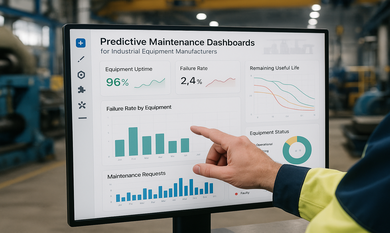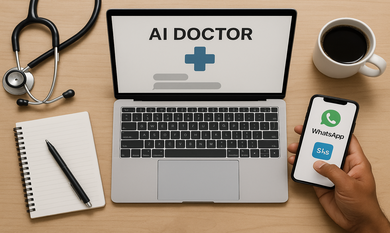Modern healthcare faces a dual challenge: managing the rising tide of chronic diseases and reducing costly hospital readmissions. Chronic conditions like heart disease or diabetes often lead to repeated hospital visits, straining both patient wellbeing and hospital resources. In fact, Medicare incurs about $26 billion annually in readmission costs, with an estimated $17 billion of that considered avoidable (healthcatalyst.com). Nearly one in five Medicare patients discharged is readmitted within 30 days. These sobering statistics have healthcare providers searching for proactive solutions. Machine learning (ML) has emerged as a powerful ally on this front, helping predict chronic disease onset and identify patients at risk of readmission before problems escalate.
How ML Predicts Health Risks
By analyzing vast historical health data – electronic health records, lab results, even wearable sensor readings – ML algorithms can spot subtle patterns humans might miss. For example, ML models can sift through years of patient data to flag early warning signs of a chronic illness (like subtle changes in blood biomarkers or vitals) well before a full-blown disease onset, enabling timely preventive care (researchgate.net).
Similarly, predictive models can calculate a readmission risk score for each patient by considering dozens of factors (age, diagnoses, medications, social determinants, etc.). This means a hospital can know before a patient is discharged how likely they are to bounce back. Care teams can then intervene – follow-up calls, tailored discharge plans, remote monitoring – to address issues that ML highlighted. The result is more proactive, personalized care rather than reacting to crises after they occur.
Benefits of ML Predictive Analytics in Healthcare

- Early Intervention: ML enables early identification of at-risk individuals. For instance, an algorithm might predict that a patient’s pattern of rising blood pressure and cholesterol puts them at high risk of a heart attack in the next year – prompting doctors to act now rather than later. Catching problems early means healthcare providers can deliver preventive treatments or lifestyle guidance before a chronic condition fully develops, potentially adding years of healthy life for patients and saving costs on intensive treatments down the line (researchgate.net).
- Reduced Readmissions & Costs: Predictive analytics help hospitals target patients likely to be readmitted and provide extra support. This data-driven approach is already yielding results – The University of Kansas Health System used an ML-driven model to identify high-risk patients and achieved a 39% reduction in all-cause 30-day readmissions (and a 52% drop in heart failure readmissions) (healthcatalyst.com). Fewer readmissions mean significant cost savings and better compliance with penalties and incentives in value-based care models. Research shows that ML algorithms, by improving accuracy in risk predictions, can significantly cut hospital readmissions and diagnostic errors (researchgate.net).
- Personalized Care Plans: ML doesn’t just predict who is at risk – it often explains why. By crunching multidimensional data, a model might reveal, for example, that a diabetic patient living alone with limited mobility is at high risk for complications and readmission due to difficulty managing medications. Armed with such insights, providers can craft personalized care plans (e.g. arranging home health visits or nutrition counseling) tailored to each patient’s risk factors. This personalization boosts patient outcomes and satisfaction.
- Better Resource Allocation: Healthcare administrators can use ML risk stratification to allocate resources more efficiently. Rather than applying one-size-fits-all programs, hospitals can focus on care management efforts where data shows it’s needed most (such as intensive post-discharge follow-up for a high-risk heart failure patient). This ensures limited clinical resources are used optimally, improving operational efficiency.
Importantly, these machine learning solutions are not just theoretical or for the distant future – they’re here now. At least 25% of U.S. hospitals are already using AI-driven predictive analytics to enhance patient care (openandaffordable.com). Many partners with specialized providers implement these advanced systems. Working with a Machine Learning Development Company in Dallas that understands both technology and healthcare is a smart way for hospitals to deploy custom ML models quickly.
Such a partner can integrate predictive algorithms into existing hospital IT systems (like EHR platforms) while ensuring data security and compliance with health regulations. In a real-world scenario, a Dallas-based hospital could collaborate with a machine learning development company to build a model that predicts which discharged patients are likely to readmitted within 30 days. The model might highlight, say, that patients with multiple chronic conditions and limited family support have the highest risk. Armed with this insight, the hospital can arrange follow-up nurse visits or telehealth check-ins for those patients, preventing complications and a return trip to the ER.
The business impact for healthcare providers is significant. Fewer readmissions and prevented chronic illness cases translate to lower costs (both in terms of avoided penalty fees and unreimbursed care) and better-quality scores. It’s no wonder hospitals and clinics across the country are increasingly embracing these tools. In fact, analysts project that AI and ML could help reduce healthcare costs by billions of dollars in the coming years (openandaffordable.com), thanks to efficiencies and preventive care improvements. For hospitals operating on thin margins, that is a compelling proposition. Embracing machine learning in chronic disease management and readmission reduction is fast becoming a best practice in modern healthcare management.
Ready to Leverage AI in Healthcare?
Theta Technolabs is a leading AI development company in Dallas with deep expertise in Web, Mobile and Cloud solutions. We help healthcare organizations develop custom machine learning models to predict patient risks, reduce readmissions, and improve outcomes.
If you’re looking to harness AI for smarter healthcare, our team can deliver a tailored solution that meets your needs. Contact us at sales@thetatechnolabs.com to explore how we can partner to enhance patient care and operational efficiency.

















.png)
























.png)

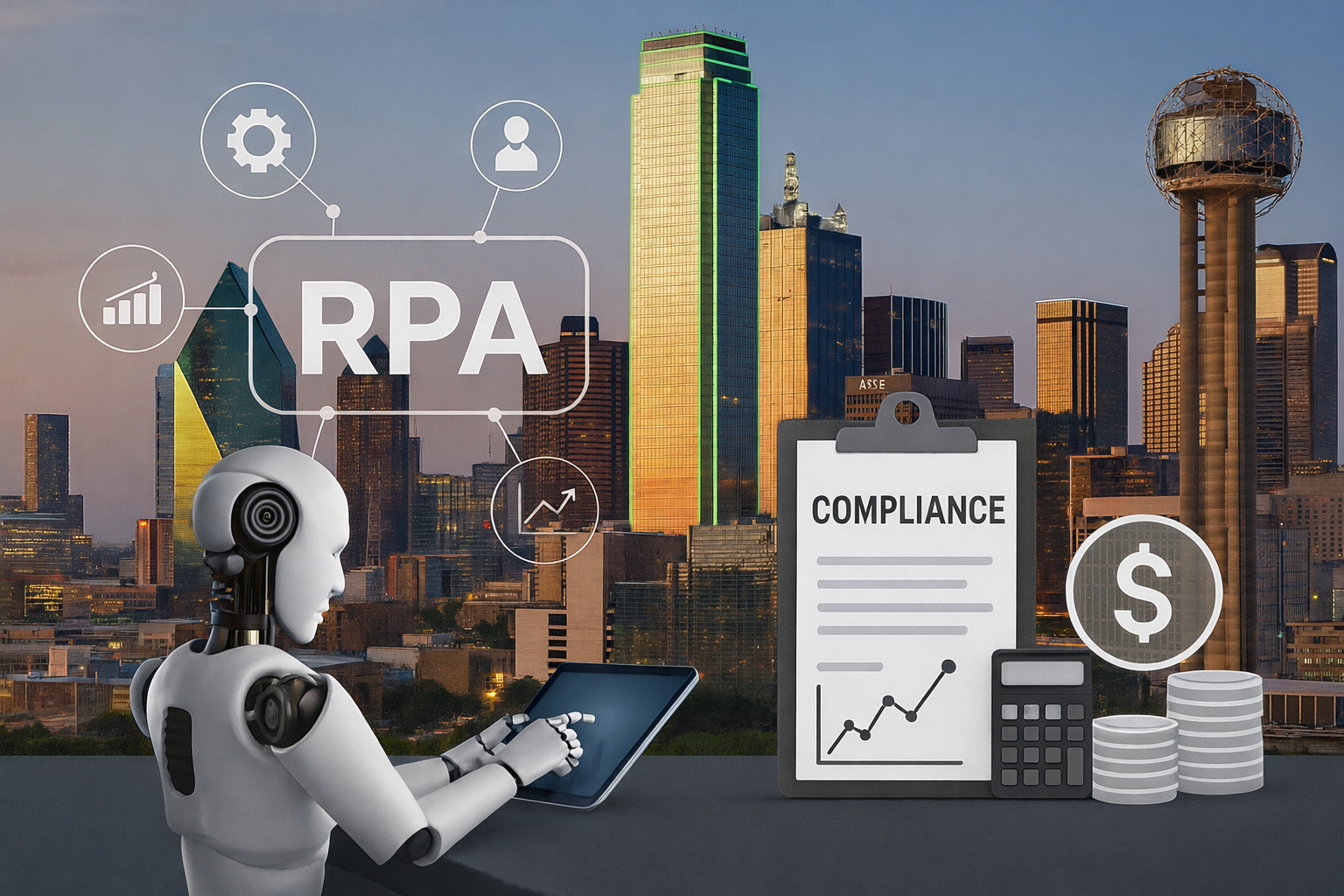

.png)



.png)








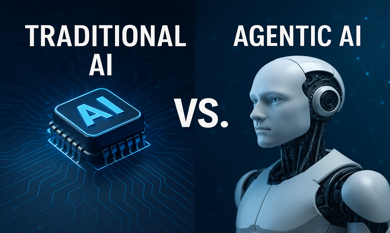


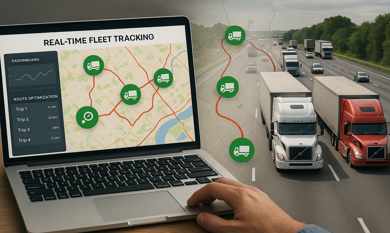





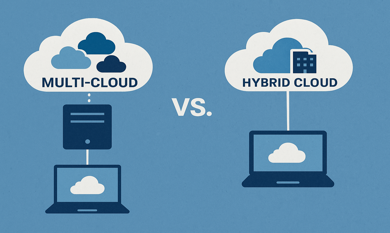

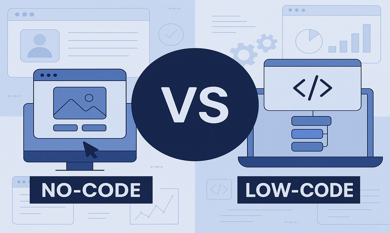






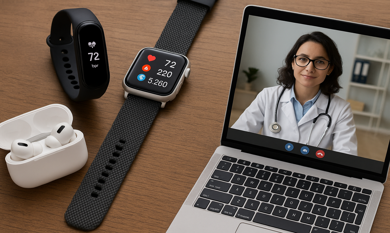

.png)
.png)


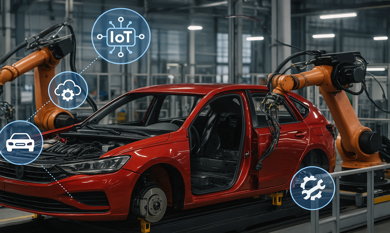



.png)
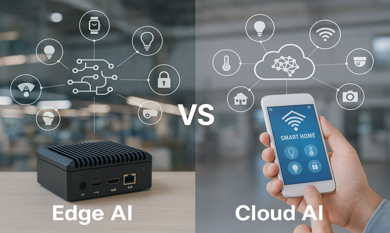
.png)
.png)
.png)


.png)
.png)
.png)
.png)

.png)





